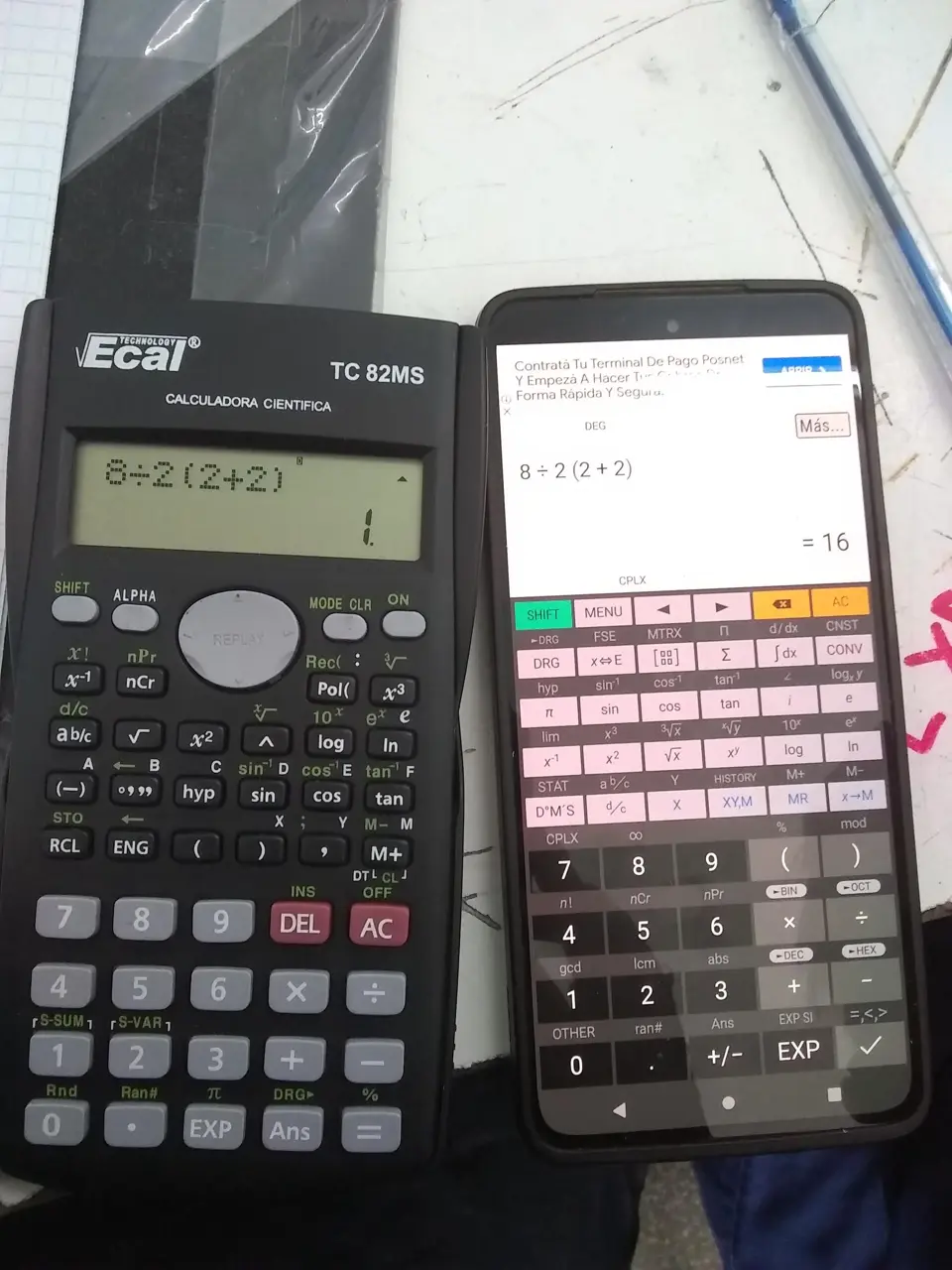this post was submitted on 03 Dec 2023
389 points (95.6% liked)
196
16915 readers
1935 users here now
Be sure to follow the rule before you head out.
Rule: You must post before you leave.
If you have any questions, feel free to contact us on our matrix channel.
founded 2 years ago
MODERATORS
you are viewing a single comment's thread
view the rest of the comments
view the rest of the comments

Source? I have a hard ass time believing that nobody in their right mind would do pemdas the way you're supposed to do it xD
The problem is that you're thinking of BIDMAS as a set of hard rules, rather than the set of rough guidelines created in the early 20th century by one random teacher for the purposes of teaching 10-year-olds how to do the level of maths that 10-year-olds do.
This video and this one point to some examples of style guides in academia as well as practical examples in the published works of mathematicians and physicists, which are pretty consistent.
If you want to come up with a hard rule, doing BIJMDAS, adding in "multiplication indicated by juxtaposition" with the J, is a much better way to do it than what you learnt when you were 10. But even that's still best to think of as a handy guideline rather than a hard and fast rule.
That's cool, but still wrong :3
No fr I had no idea that those acronyms weren't the whole picture, I just assumed some mathematicians a long time ago decided how that stuff should be written out and that BEDMAS/PEMDAS/whatever contained all the rules in it. Thank you for the info, Idk why this isn't more widely taught, ig because those acronyms are what all the questions are already written for? It doesn't seem that hard to just teach it as BEADMAS, where the A refers to numbers adjacent to variables
Terms already are taught!
Here is an alternative Piped link(s):
This video
this one
Piped is a privacy-respecting open-source alternative frontend to YouTube.
I'm open-source; check me out at GitHub.
Cajori (1928) for starters, plus any old Year 7 Maths textbook, any era (we know from Lennes letter that textbooks were already doing this in 1917).